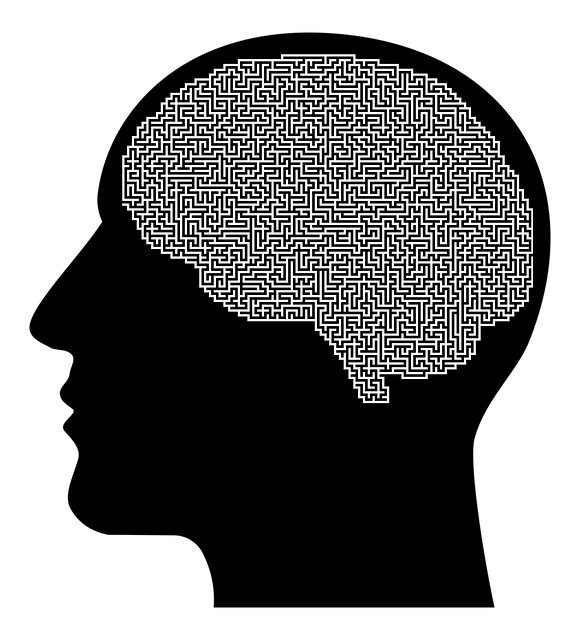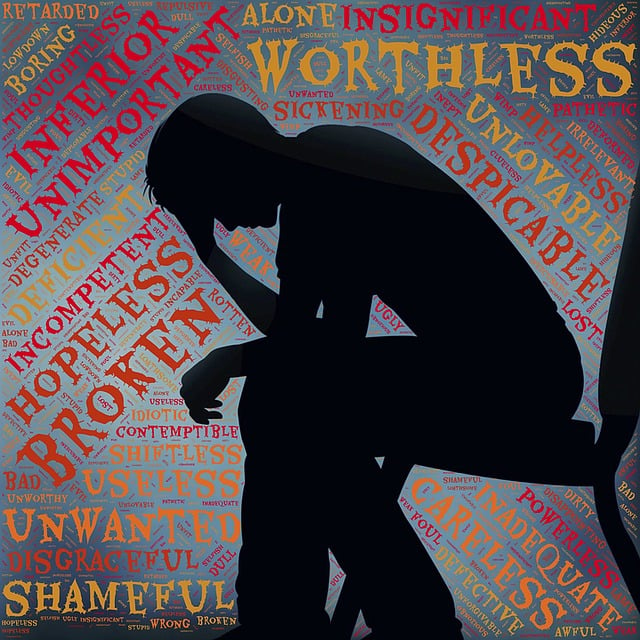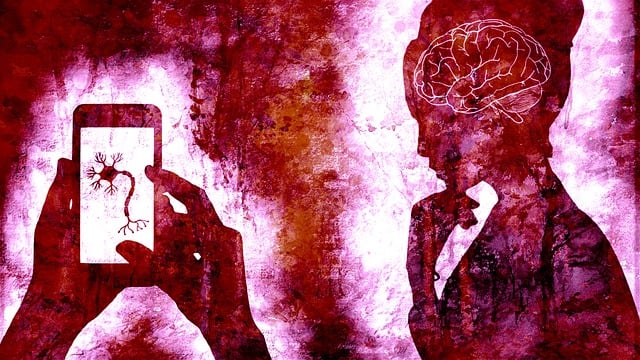The stigma around mental health, particularly anger management issues in Lakewood, severely hinders individuals from seeking help due to feelings of isolation and judgment. This internalized stigma exacerbates symptoms, impacting daily life and community support systems. Organizations like Lakewood Anger Management Therapy combat this by normalizing conversations about emotional well-being and offering specialized programs focused on emotional intelligence and social skills training. Through education, crisis intervention, personalized care, and cultural sensitivity, they create a non-judgmental environment, empowering individuals to prioritize their mental health and breaking down stigma barriers within the community. Positive media representation further supports this effort by fostering understanding and encouraging support for anger management therapy services in Lakewood.
Mental illness stigma is a pervasive barrier to recovery, affecting millions. This article explores targeted efforts to reduce this societal scourge. We delve into the profound impact of stigma on mental health individuals and examine strategies like education as a powerful tool for breaking down barriers.
Highlights include the transformative power of safe spaces, such as Lakewood Anger Management Therapy, and the vital role of supportive networks. Additionally, we scrutinize media representation’s influence on public perception, offering insights into fostering understanding and empathy.
- Understanding Stigma: Its Impact on Mental Health Individuals
- The Role of Education in Breaking Down Stigma Barriers
- Lakewood Anger Management Therapy: A Safe Space for Emotional Expression
- Empowering Support Systems: Family, Friends, and Community
- Media Representation and Its Influence on Shaping Public Perception
Understanding Stigma: Its Impact on Mental Health Individuals

Stigma surrounding mental illness can have profound effects on individuals’ lives. It often leads to feelings of isolation, shame, and embarrassment, which can deter people from seeking help or openly discussing their struggles. This internalized stigma can intensify existing symptoms, making it challenging for those with mental health conditions to function in daily life. Those suffering from conditions like anger management issues in Lakewood may face additional barriers due to societal misconceptions, hindering their progress towards recovery.
The impact of stigma extends beyond the individual, creating a layer of complexity in community support systems. It discourages open conversations about mental health, hampering the development of effective public awareness campaigns and stress management workshops. Organizations dedicated to emotional intelligence and mental well-being face an uphill battle when trying to normalize discussions around these topics. By addressing stigma, Lakewood Anger Management Therapy and similar initiatives can foster a more supportive environment, encouraging individuals to prioritize their emotional health without fear of judgment.
The Role of Education in Breaking Down Stigma Barriers

Education plays a pivotal role in breaking down stigma barriers surrounding mental illness. By integrating mental health education into formal curricula and community programs, we can foster understanding, empathy, and acceptance. Schools, workplaces, and community centers can host workshops, seminars, and awareness campaigns that highlight the realities of mental health conditions, dispel myths, and encourage open conversations. This proactive approach equips individuals with the knowledge to recognize signs of distress in themselves and others, promoting early intervention and support.
At Lakewood Anger Management Therapy, we understand the importance of education in stigma reduction. Our specialized programs focus on emotional intelligence and social skills training, which are crucial components in navigating mental health challenges. Through risk assessment for mental health professionals, we ensure that practitioners are equipped to handle diverse client needs effectively. By combining evidence-based practices with empathetic education, we strive to create a more supportive environment where individuals can access the help they need without fear of judgment or discrimination.
Lakewood Anger Management Therapy: A Safe Space for Emotional Expression

Lakewood Anger Management Therapy offers a safe and supportive environment for individuals struggling with anger issues. By providing effective crisis intervention guidance, this program helps participants understand their emotional responses and express them healthily. Through individual and group sessions, clients build self-esteem improvement skills, learn coping strategies, and develop a deeper sense of emotional intelligence.
Cultural sensitivity in mental healthcare practice is a key aspect of Lakewood Anger Management Therapy. The program recognizes that everyone’s experiences are unique, shaped by their personal backgrounds and cultural contexts. By incorporating these perspectives into therapy sessions, the team ensures that each client receives personalized care, fostering an inclusive atmosphere where individuals feel heard and understood.
Empowering Support Systems: Family, Friends, and Community

Support systems play a pivotal role in mental illness stigma reduction. Families, friends, and communities can significantly impact an individual’s journey towards recovery by offering understanding, empathy, and encouragement. According to research, those with strong social connections often exhibit better coping mechanisms and higher levels of mental wellness. This support isn’t merely emotional; it can also be practical, helping individuals navigate resources like Lakewood Anger Management Therapy or other specialized services.
Empowering support systems promote the adoption of Mind Over Matter principles and Compassion Cultivation Practices. By fostering an environment free from judgment, these networks encourage open conversations about mental health challenges, thereby normalizing experiences that were once considered taboo. Such openness paves the way for effective interventions and treatments, ultimately reducing the stigma associated with seeking help for mental wellness issues.
Media Representation and Its Influence on Shaping Public Perception

Media representation plays a significant role in shaping public perception about mental illness, often influencing how individuals from communities like Lakewood Anger Management Therapy are perceived and treated. Positive portrayals can foster understanding and empathy, encouraging open conversations and support for those facing mental health challenges. Conversely, negative or stereotypical media representations can exacerbate stigma, leading to fear, judgment, and a reluctance to seek help. This dynamic is particularly crucial in the context of anger management therapy, where misconceptions can deter individuals from accessing much-needed services.
Efforts to reduce stigma must consider the power of media as a tool for education and advocacy. Well-designed Mental Health Education Programs that incorporate diverse narratives and experiences can challenge stereotypes and promote empathy. Additionally, examining and critiquing media portrayals through initiatives like Mental Health Policy Analysis and Advocacy ensures that the conversation around mental illness is informed, balanced, and reflective of the complex reality faced by many in Lakewood Anger Management Therapy and beyond.
In navigating the complex landscape of mental illness stigma, a multifaceted approach emerges as the key to fostering understanding and acceptance. Through education that dismantles barriers, therapeutic spaces like Lakewood Anger Management Therapy offering safe havens for emotional expression, and empowered support systems at home and in the community, we can significantly reduce the societal shame attached to mental health struggles. Additionally, responsible media representation plays a pivotal role in reshaping public perception, ultimately leading to a more inclusive and compassionate society where individuals affected by mental illness are embraced rather than ostracized.













